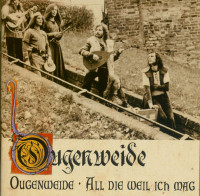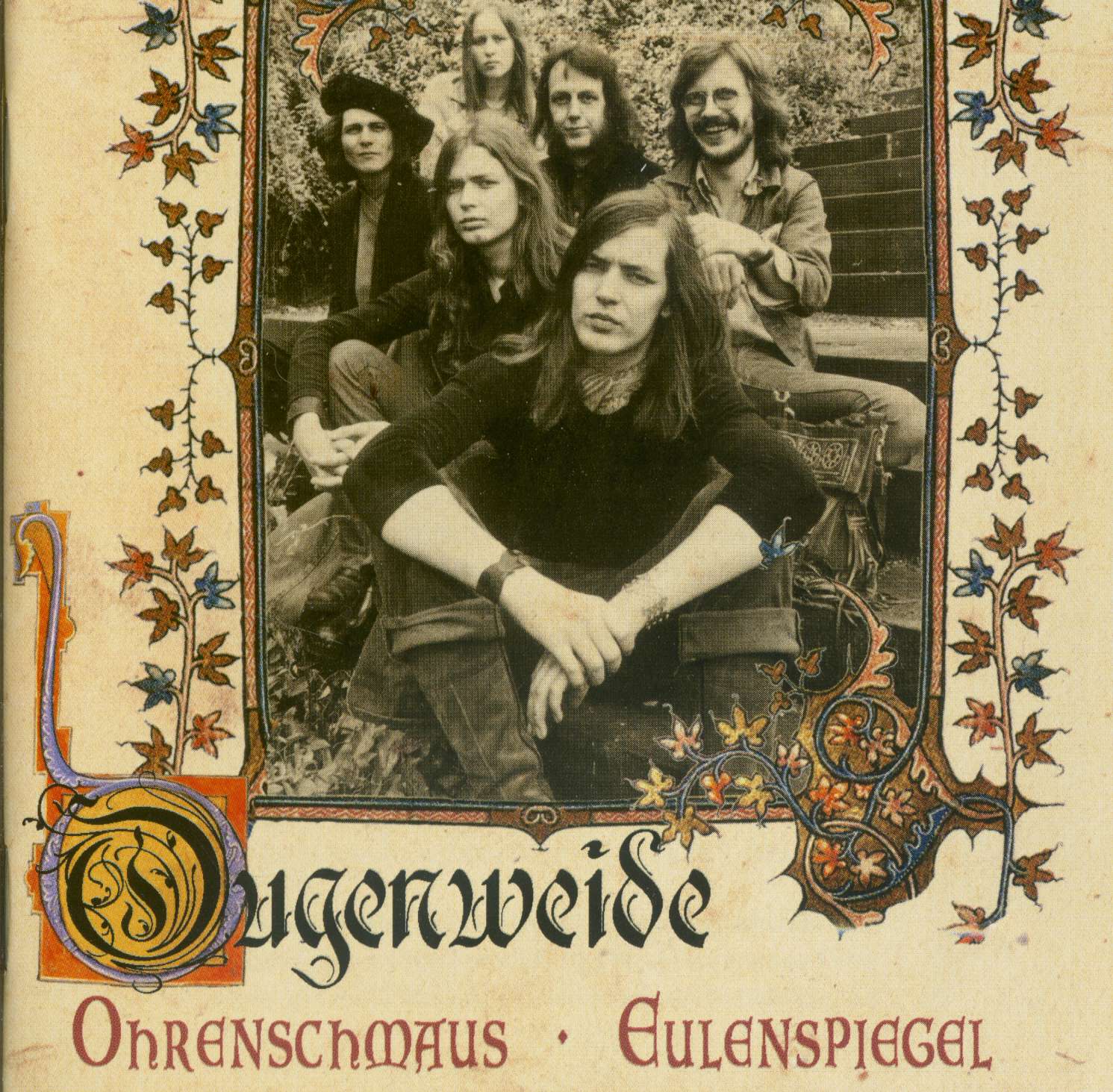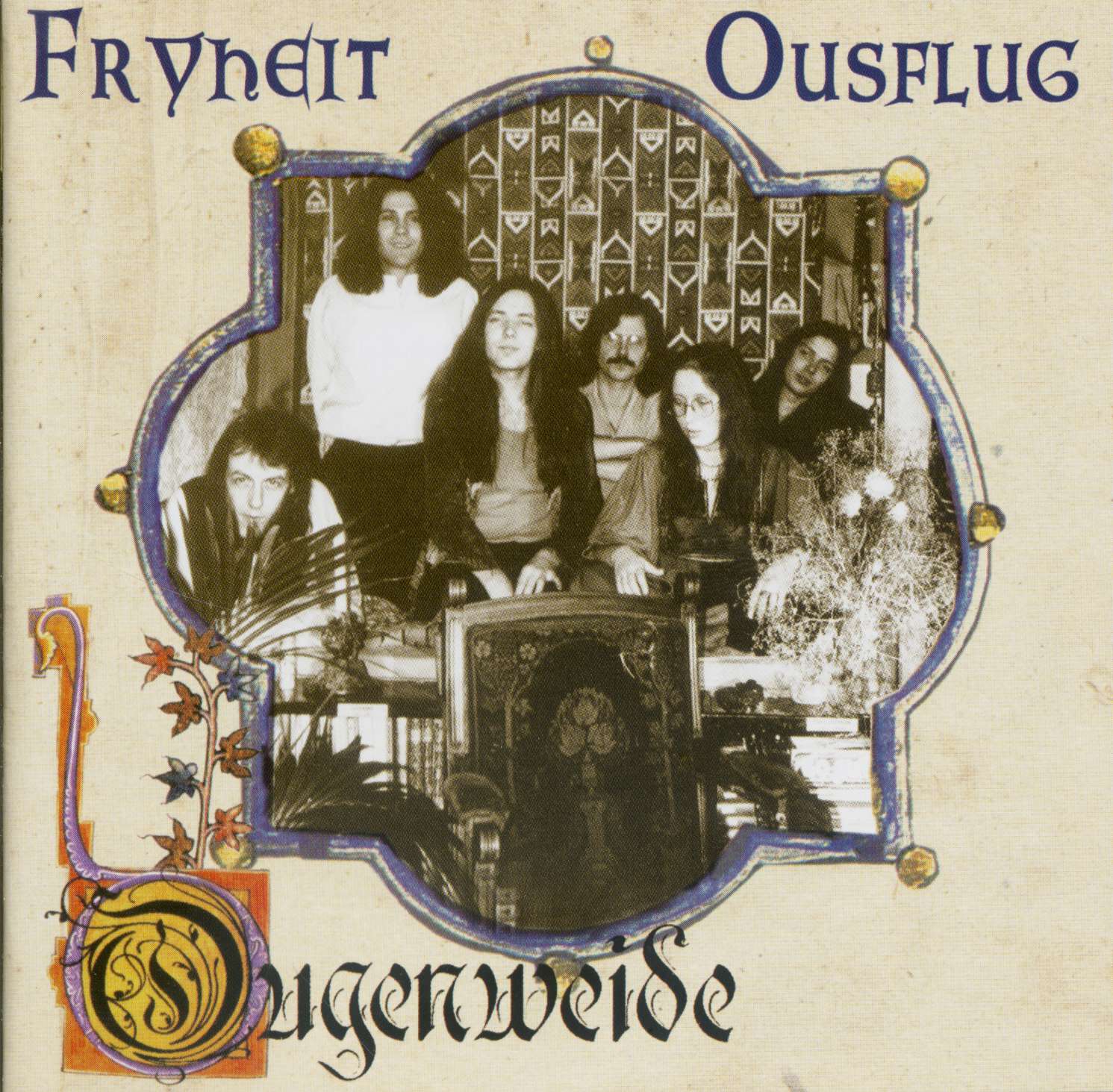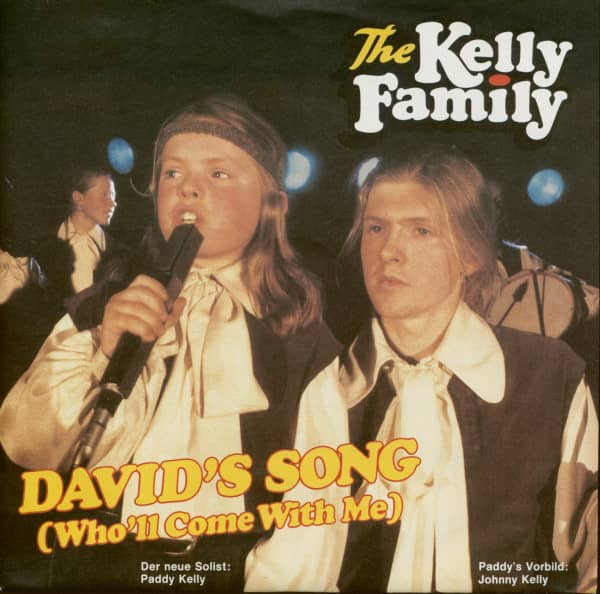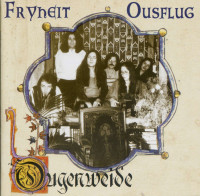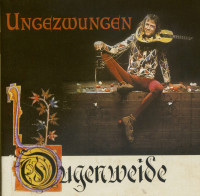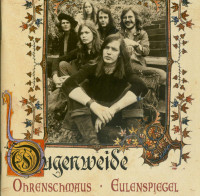OUGENWEIDE Ougenweide - All die weil ich mag (CD)

* incl. VAT / plus shipping costsDepending on the country of delivery, the VAT at checkout may vary.
Ready to ship today,
delivery time** appr. 1-3 workdays
- catalog number: BCD16775
- weight in Kg 0.115
- PDF (deutsch) Download

Ready to ship today, delivery time** appr. 1-3 workdays

Ready to ship today, delivery time** appr. 1-3 workdays

Ready to ship today, delivery time** appr. 1-3 workdays
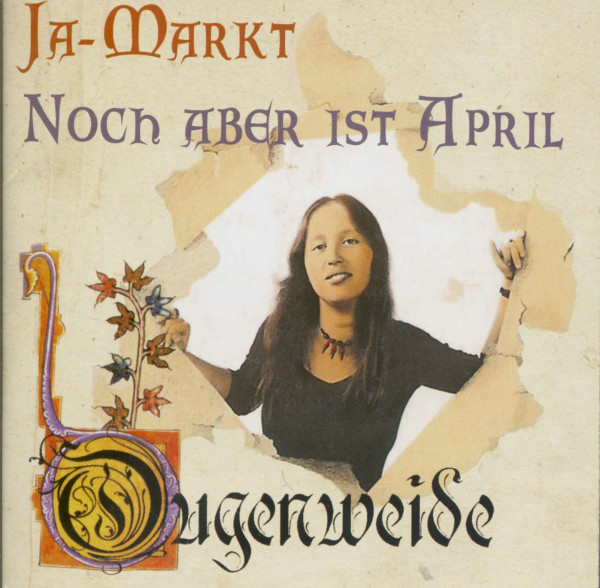
Ready to ship today, delivery time** appr. 1-3 workdays

